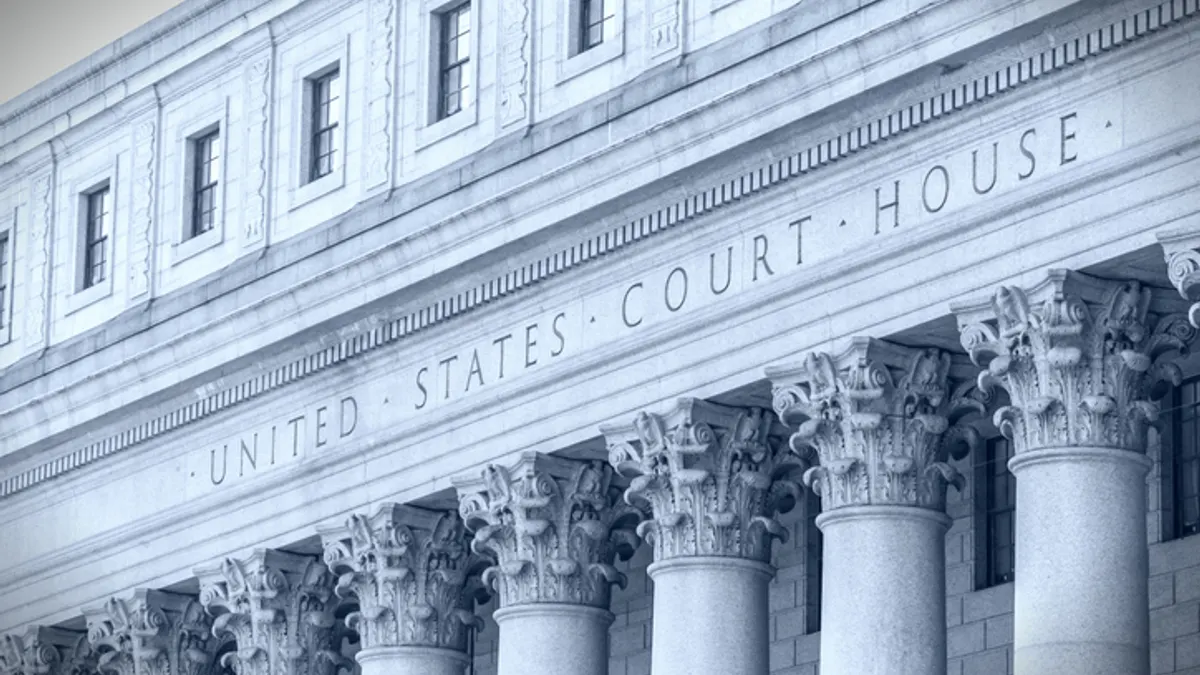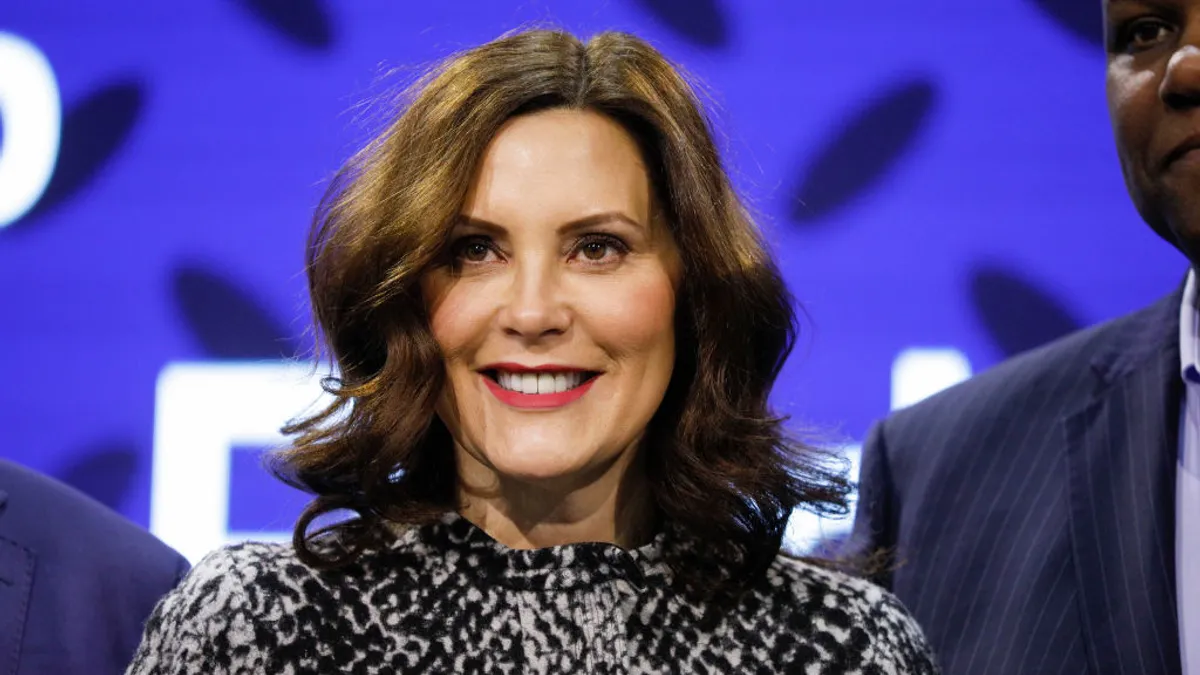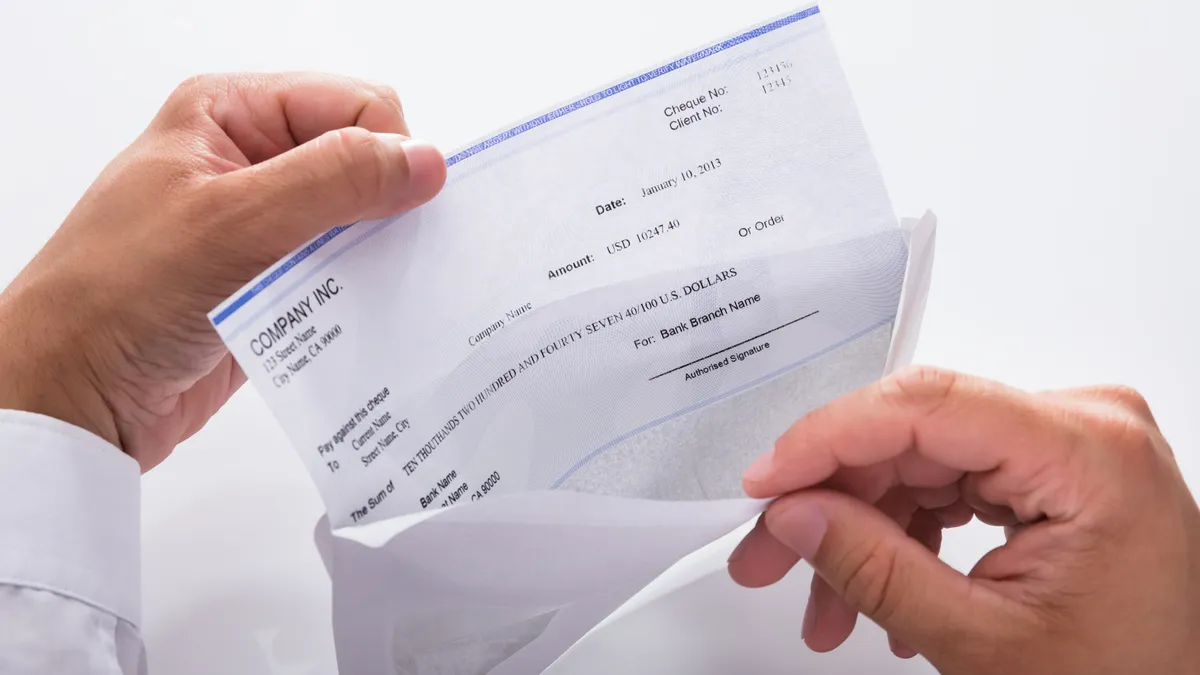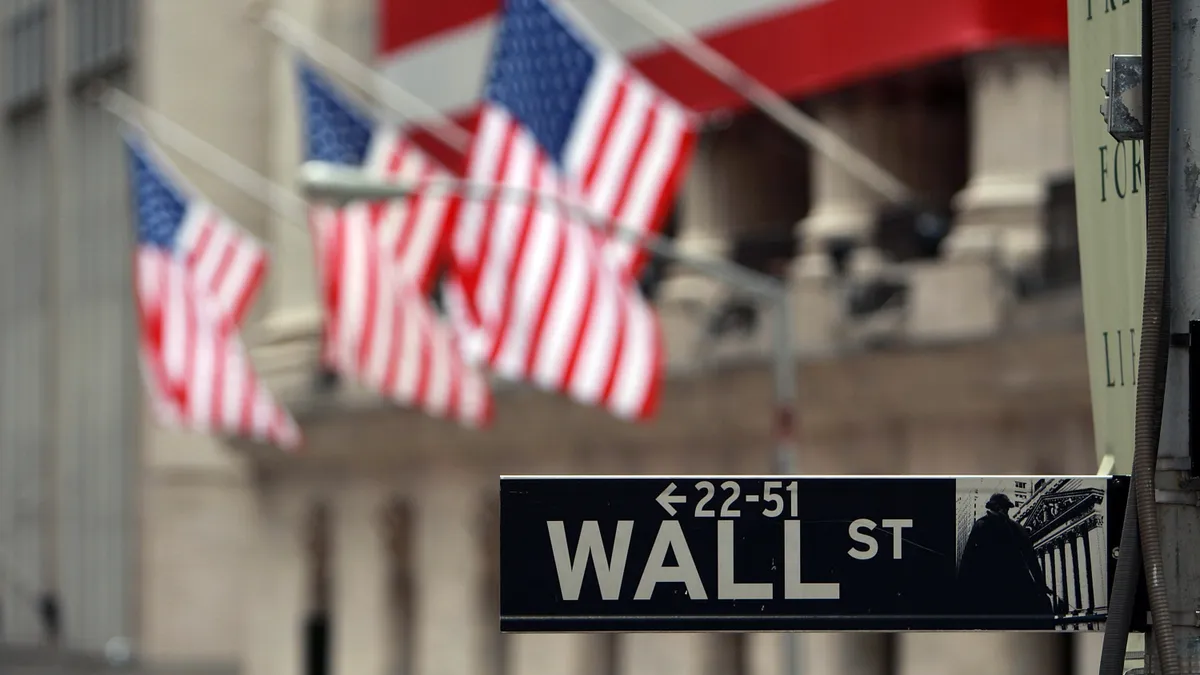The federal government is expected to rely heavily on the federal False Claims Act to prosecute misuse of loans originated under the Main Street Loan Program launched earlier this month to help small and mid-sized businesses survive the downturn, say attorneys who specialize in the area.
Lenders started originating loans under the program on July 6. Like loans made under the Paycheck Protection Program (PPP), which ended June 30, companies experiencing pandemic business disruptions apply to private lenders for the money. Unlike with PPP, though, the loan amounts can be large — up to $35 million or $300 million, depending on the type of loan taken out, compared to a maximum $10 million — and there's no forgiveness.
In another important difference, in exchange for the flexibility to set their own lending criteria above minimum guidelines, lenders must retain an interest of between 5% and 15% in the loan, depending on the type.
Good faith certification
The federal government is making $600 billion available under the program.
Companies with 1,500 or fewer employees, or with $5 billion or less in annual revenue, are eligible. There are three types of loans. New and priority loans are for a minimum $250,000 and capped at the lesser of $35 million or an adjusted amount that doesn’t exceed four times adjusted 2019 EBITDA.
For the third type of loan, called upsized tranches, the minimum finance amount is $10 million and capped at the lesser of $300 million of existing outstanding and undrawn debt or an adjusted amount that doesn’t exceed six times adjusted 2019 EBITDA.
To speed applications, borrowers certify to lenders they were on sound financial footing before the pandemic and need the money to act as a bridge to continue operations and meet payroll until the economy recovers.
Violations under the False Claims Act can be steep, but in statements it has released on the program, the Department of Justice has said its intent is not to discourage companies from applying if they act with good intentions. "If a company is eligible for a loan and submits certifications in good faith, it will have nothing to fear from [DOJ's] Civil Division," the DOJ said.
What's more, unless someone — a whistleblower, for example — includes specifics when claiming a company lied on its application, the DOJ will move to dismiss the claim. This should be reassuring to companies acting in good faith, say Robert Huffman and Caroline Wolverton, attorneys with Akin Gump Strauss Hauer & Feld LLP.
"Borrower businesses working to get back on their feet ... could benefit from protection against [these] unmeritorious False Claims Act actions," the attorneys said in a Law360 analysis of the program's legal risks.
Steep penalties
Under the False Claims Act, borrowers would be at risk if they knowingly act with reckless disregard or deliberate ignorance on anything material they submit to get a loan.
In addition to misstating the company's financial condition, borrowers could run into trouble if they don’t meet program restrictions on executive compensation, stock repurchases and dividends. These, in particular, Huffman and Wolverton said, "could be bases for a False Claims Act investigation or lawsuit ... as a ‘fraudulent inducement’ of the federal funds."
Violations can result in treble damages and civil penalties of up to $25,000 per claim. "Both the Department of Justice and private individuals or organizations ... can bring lawsuits in federal district court" the attorneys said.
In addition to civil penalties, fraud against the government can carry criminal penalties of up to five years in prison and even longer in some cases. "Criminal statutes provide further penalties that include up to 30 years in prison for fraud in seeking a loan and in seeking to influence federally insured financial institutions or federal agencies," they said.
PPP provides model
The federal government has already started taking enforcement actions against fraudulent use of PPP funds and is expected to start taking similar action against Main Street loan violations, the attorneys said.
"Main Street borrowers and lenders should anticipate similar scrutiny," they said.
Protecting yourself against unnecessary liability risk is straightforward, though: thoroughly document everything that forms the basis of your certification and other material actions taken under the program.
"With care and attention to detail, Main Street borrowers and lenders can position themselves to avoid litigation detours on the road to financial recovery," they said.




















